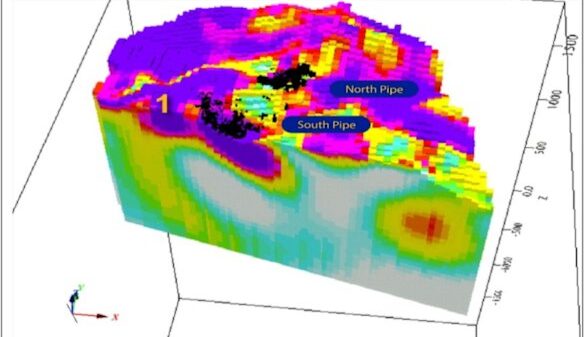An infant male from metropolitan Adelaide is currently in critical condition after being diagnosed with invasive meningococcal disease, specifically identified as serotype B. This case has raised concerns as there are no known connections to previous meningococcal infections in the area.
SA Health has taken immediate action by identifying multiple individuals who were in close contact with the patient. Ten of these contacts have been advised to receive clearance antibiotics to prevent any further transmission of the disease.
Understanding Meningococcal Disease
Symptoms of meningococcal disease can manifest as headache, fever, vomiting, neck stiffness, and discomfort when exposed to light. A distinctive skin rash may develop, characterized by tiny red or purple spots that can quickly enlarge to resemble fresh bruises. As the illness progresses, individuals may experience confusion and shock. In young children, additional signs may include irritability, difficulty waking, refusal to eat, leg pain, cold extremities, and a high-pitched or moaning cry. Skin may also appear pale, blotchy, or unusually colored.
It is crucial for caregivers and parents to recognize that symptoms can lead to rapid deterioration within hours of onset. Urgent medical attention is recommended if any signs of meningococcal disease appear.
Preventative Measures and Vaccination
Vaccines are available to protect against several types of meningococcal disease. In South Australia, both the meningococcal B and ACWY vaccines are provided free of charge through national and state-funded programs. The meningococcal B vaccine is administered to infants at six weeks, four months, and twelve months of age, as well as to adolescents in Year 10. The ACWY vaccine is available for infants at twelve months and also for adolescents in Year 10.
While vaccination significantly reduces the risk of certain types of meningococcal disease, it does not provide complete protection against all serotypes. Therefore, even vaccinated individuals must remain vigilant for symptoms.
In accordance with guidelines from the Invasive Meningococcal Disease Communicable Diseases Network Australia, health information regarding meningococcal disease has been disseminated to all contacts of the patient to ensure awareness and preparedness.
This situation highlights the importance of public health initiatives and the critical role of vaccination in preventing serious illnesses. As investigations continue, health authorities emphasize the need for community awareness in recognizing the symptoms and seeking prompt medical assistance.





























































